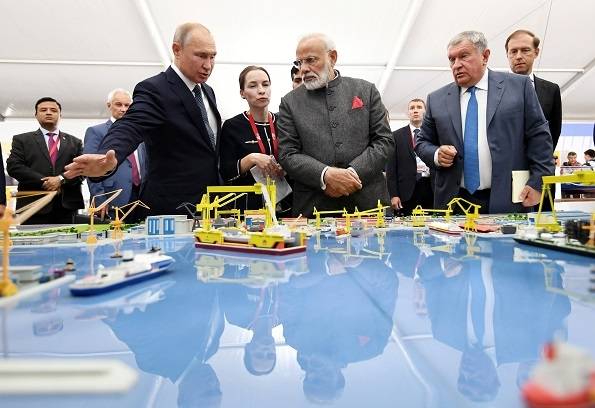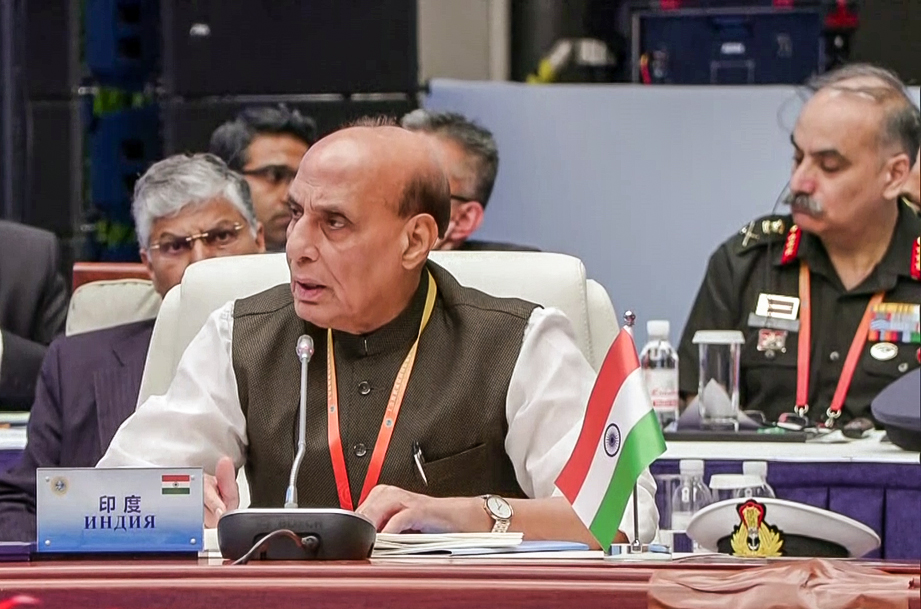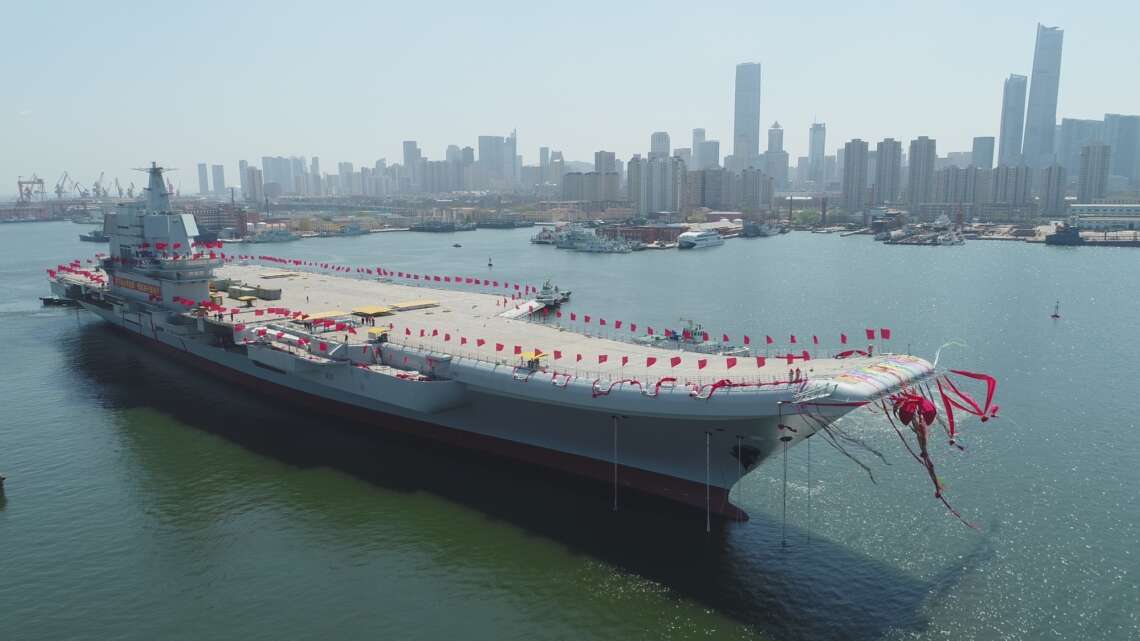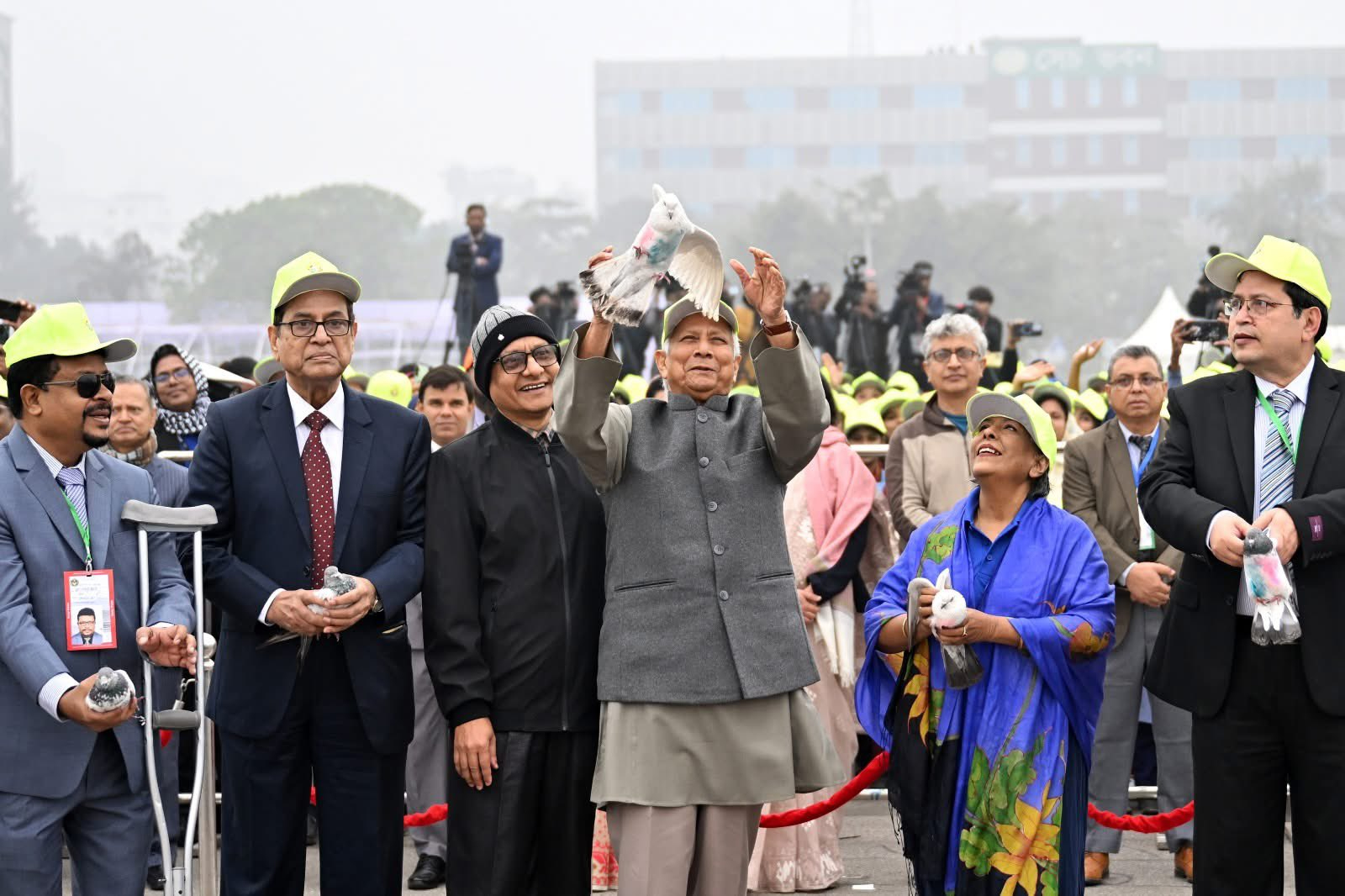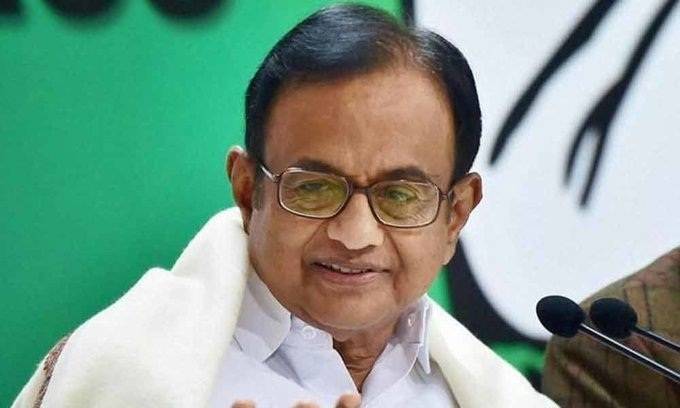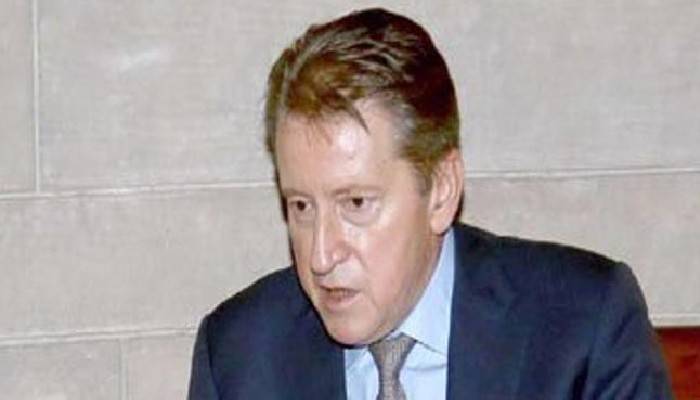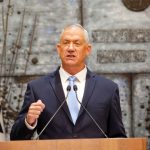The discussions have already begun as Jaishankar met Uzbekistan Foreign Minister Abdulaziz Kamilov and Mohammed Haneef Atmar, the Foreign Minister of Afghanistan…reports Asian Lite News
India’s long-term plan of reviving the rich civilisational, cultural and trade links with Afghanistan, Iran and Central Asia by enhancing regional connectivity is expected to receive a major boost as External Affairs Minister (EAM) S Jaishankar meets several of his counterparts from the region in Dushanbe and Tashkent over the next couple of days.
The discussions have already begun as Jaishankar met Uzbekistan Foreign Minister Abdulaziz Kamilov and Mohammed Haneef Atmar, the Foreign Minister of Afghanistan on Tuesday, just before the foreign ministers got into a huddle for the SCO Council and the SCO Contact Group on Afghanistan meeting being held in Dushanbe today.
While the latest security situation in Afghanistan, including larger regional cooperation to end Taliban violence, remained the focus of the Jaishankar-Atmar meeting, connectivity was discussed extensively during the talks held with Kamilov.
“Met FM Kamilov of Uzbekistan today. Discussed connectivity, bilateral ties and the Afghanistan situation. Look forward to attending the Tashkent Connectivity Conference,” Jaishankar tweeted after meeting the Uzbek foreign minister.
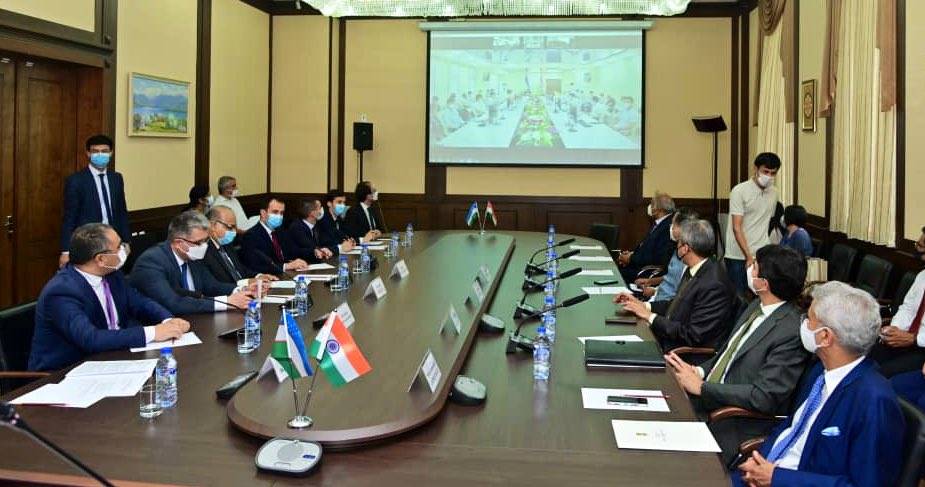
The conference Jaishankar mentioned has regional connectivity as its main theme. Initiated by Shavkat Mirziyoyev, the President of Uzbekistan, ‘Central and South Asia: Regional Connectivity. Challenges and Opportunities’ conference will take place in Tashkent on July 16 with an aim to “strengthen the historically close and friendly ties, trust and good-neighbourliness between Central and South Asia” in the interests of all people and countries of both regions.
Integration of the International North South Transport Corridor (INSTC) and the Chabahar route has been India’s prime focus. In March, India and Iran celebrated ‘Chabahar Day’, where Jaishankar proposed the integration of the Chabahar Port with the INSTC.
“I am hopeful that during the INSTC Coordination Council meeting, member-states would agree to the expansion of the INSTC route to include the Chabahar Port and also agree on expanding the membership of this project,” Jaishankar had said.
The INSTC project came into being in 2002, when the transport ministers of Russia, Iran, and India signed an agreement to establish a 7200 kilometer multimodal ship, rail and road-based transport network. Starting from Mumbai, it would head to Moscow via Iran and the Caspian Sea.
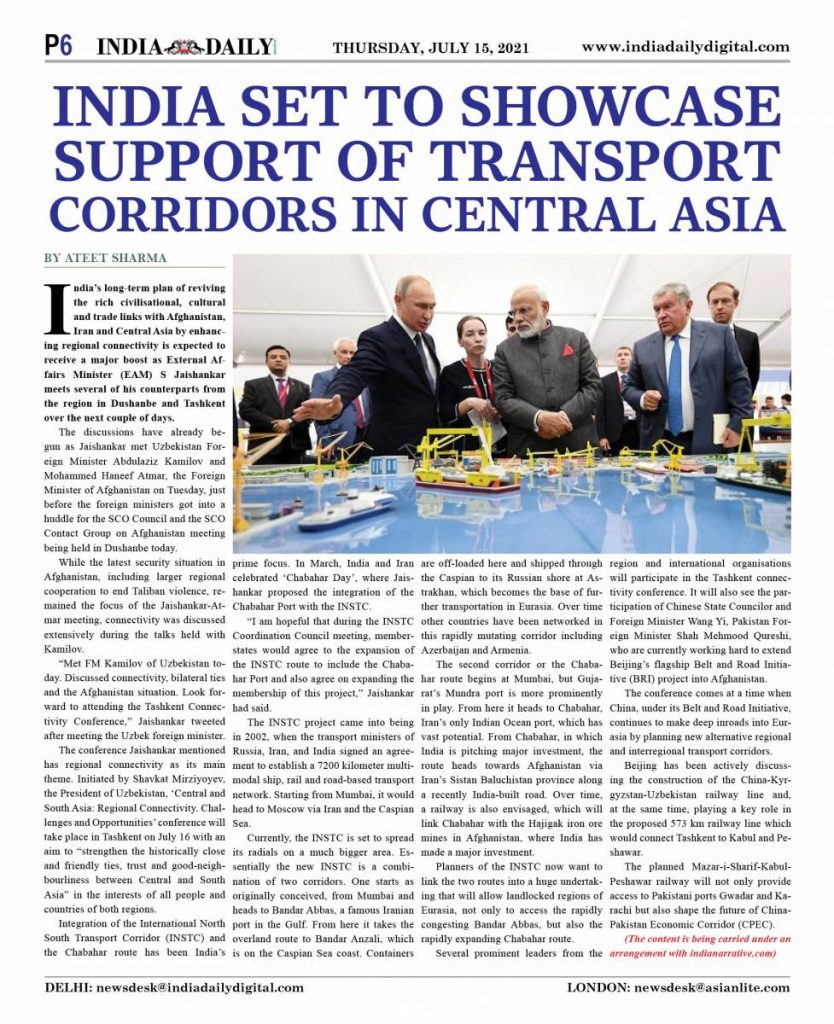
Currently, the INSTC is set to spread its radials on a much bigger area. Essentially the new INSTC is a combination of two corridors. One starts as originally conceived, from Mumbai and heads to Bandar Abbas, a famous Iranian port in the Gulf. From here it takes the overland route to Bandar Anzali, which is on the Caspian Sea coast. Containers are off-loaded here and shipped through the Caspian to its Russian shore at Astrakhan, which becomes the base of further transportation in Eurasia. Over time other countries have been networked in this rapidly mutating corridor including Azerbaijan and Armenia.
The second corridor or the Chabahar route begins at Mumbai, but Gujarat’s Mundra port is more prominently in play. From here it heads to Chabahar, Iran’s only Indian Ocean port, which has vast potential. From Chabahar, in which India is pitching major investment, the route heads towards Afghanistan via Iran’s Sistan Baluchistan province along a recently India-built road. Over time, a railway is also envisaged, which will link Chabahar with the Hajigak iron ore mines in Afghanistan, where India has made a major investment.
Planners of the INSTC now want to link the two routes into a huge undertaking that will allow landlocked regions of Eurasia, not only to access the rapidly congesting Bandar Abbas, but also the rapidly expanding Chabahar route.
Several prominent leaders from the region and international organisations will participate in the Tashkent connectivity conference. It will also see the participation of Chinese State Councilor and Foreign Minister Wang Yi, Pakistan Foreign Minister Shah Mehmood Qureshi, who are currently working hard to extend Beijing’s flagship Belt and Road Initiative (BRI) project into Afghanistan.
The conference comes at a time when China, under its Belt and Road Initiative, continues to make deep inroads into Eurasia by planning new alternative regional and interregional transport corridors.
Beijing has been actively discussing the construction of the China-Kyrgyzstan-Uzbekistan railway line and, at the same time, playing a key role in the proposed 573 km railway line which would connect Tashkent to Kabul and Peshawar.
The planned Mazar-i-Sharif-Kabul-Peshawar railway will not only provide access to Pakistani ports Gwadar and Karachi but also shape the future of China-Pakistan Economic Corridor (CPEC).
(The content is being carried under an arrangement with indianarrative.com)


